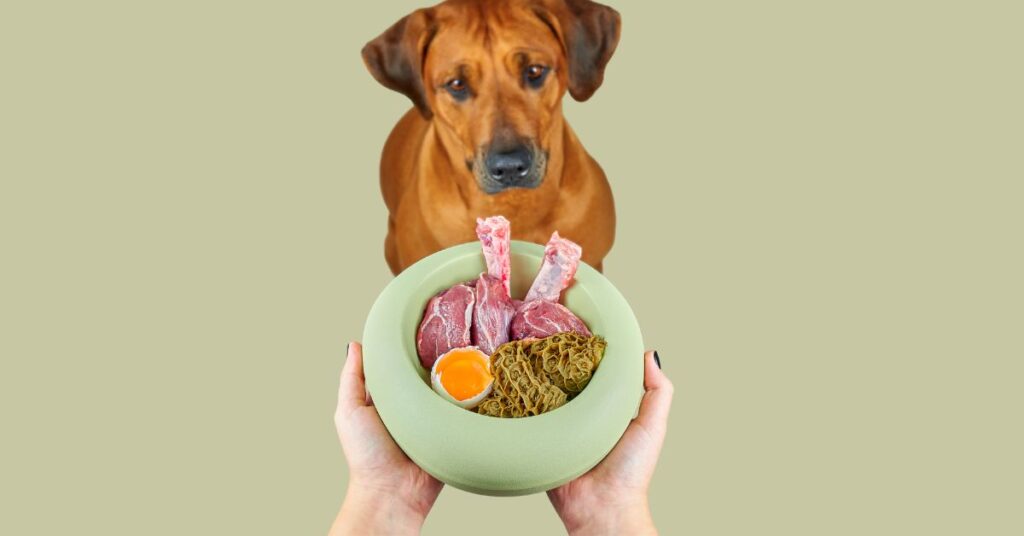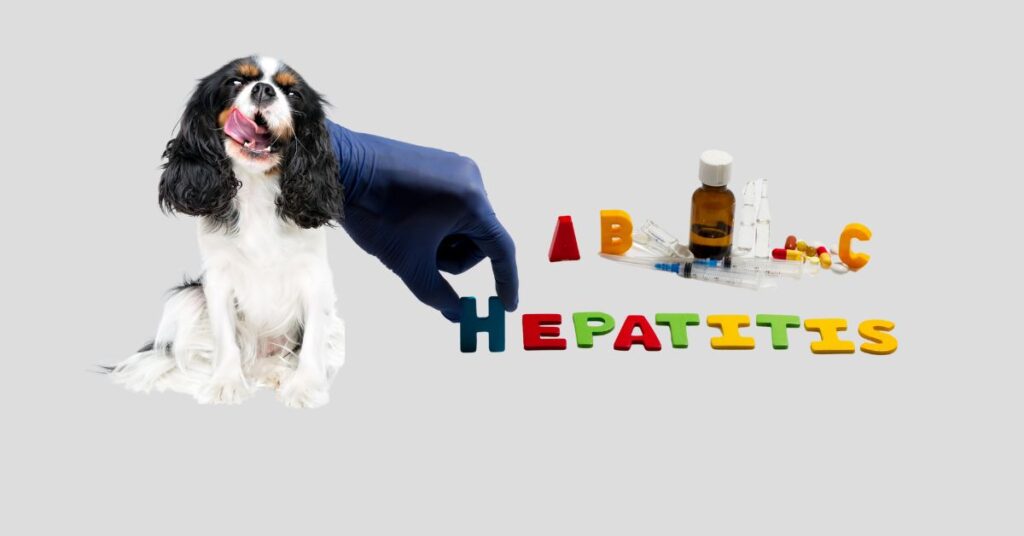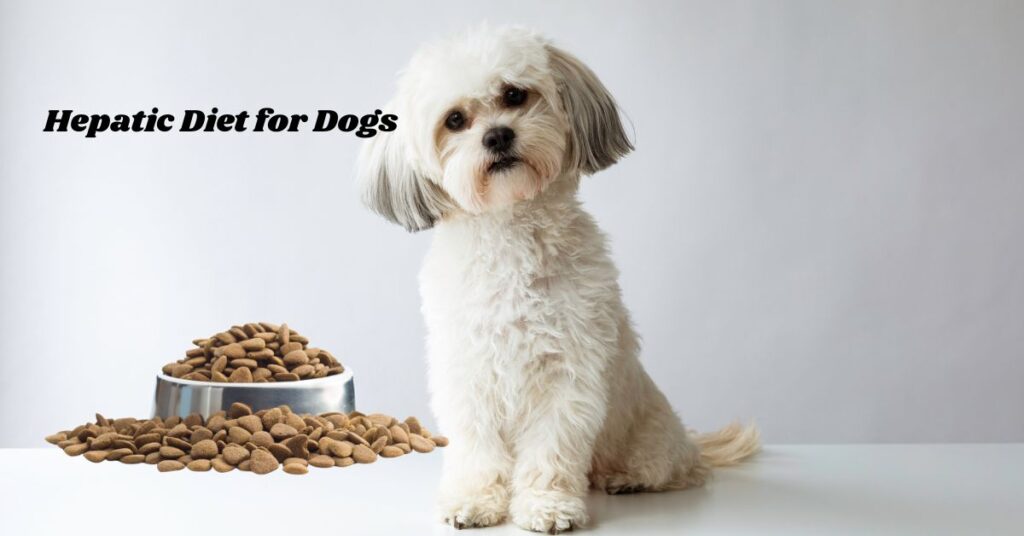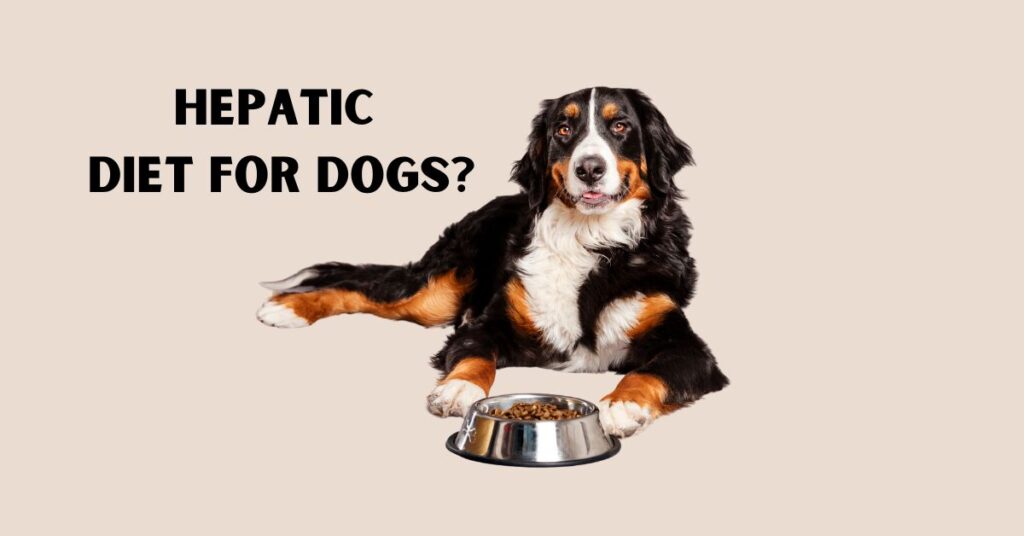The liver is an important organ in dogs with many vital functions, including removing toxins, metabolism, and storing essential nutrients. Hepatic diets are essential for providing the appropriate nutrition that helps with the management of symptoms and maintenance of health when a dog has a liver disease or its liver function is compromised in some manner. In this article, we will discuss a What’s a Hepatic Diet for Dogs, including its definition, purpose, components, benefits, and implementation tips.
Why liver disease occurs in dogs
- Before we get into the details of a hepatic diet, let us first discuss why such a specialized diet may be required. Liver diseases in dogs have a multitude of causes, including:
- An infection, a toxin, or an autoimmune disease can inflame the liver in chronic hepatitis states.
- Congenital diseases include portosystemic shunts, which impact blood circulation in and out of the liver.
- Toxins and Drugs: The consumption of poison or long-term use of some type of drug can affect the liver cells.
- Cancer: Tumors that develop in the liver can affect its functionality.
- Infection: Certain bacterial, viral, or parasitic infections can damage the liver.
Signs to look for in dogs with liver disease are jaundice, lethargy, vomiting, diarrhea, loss of appetite, or swelling of the belly. Correct diagnosis of the underlying cause and medical treatment are necessary as per veterinary advice, but dietary adjustment is one of the cornerstones of control.
What’s a Hepatic Diet for Dogs?

- A liver diet is a specific kind of diet that helps to maintain or optimize the function of the liver while also putting as little stress on it as possible. A hepatic diet has one of two main objectives:
- By supplying nutrients, the liver needs less effort to break them down.
- Control Toxins: Reducing the Formation of Ammonia and Other Toxins While Digesting
- Liver Regeneration Support: Ensuring nutrients that aid liver repair and rejuvenation
- Targeted Nutrition: Customizing the diet to follow the specific condition and symptoms of your dog.
- Veterinarians frequently recommend a hepatic diet for dogs with liver disease, which can be either commercial therapeutic diets or home-cooked meals.
List of a Hepatic Diet
A Lot of Protein (in Moderation)

While maintaining muscle mass and health requires protein, an excess of it increases the production of ammonia, a toxin that the liver must process. Liver diets tend to be low-modest in proteins that are good quality and easy to digest, like:
- Eggs
- Cottage cheese
- fish whitefish (like cod, haddock)
- Chicken or turkey (skinless)
Veterinarians may prescribe plant proteins such as soy or tofu, which release less ammonia during digestion.
Low copper content.
Overexposure to copper can eventually accumulate in your liver, potentially exacerbating conditions such as copper storage disease. They prefer foods low in copper (white rice, potatoes, and almost all vegetables, except for spinach and mushrooms).
Increased Antioxidants
Antioxidants work against oxidative stress, which could aggravate liver damage. Antioxidant-rich ingredients:
- Sunflower oil and almonds contain vitamin E.
- Vitamin C (e.g., in blueberries)
- Selenium (in some meats and grains)
- Adequate Energy Supply
Feeding a diet rich in energy and nutrients can help prevent malnutrition in dogs with liver disease, as they often have poor appetites. Indeed, healthy fats, particularly medium-chain triglycerides (MCTs) derived from coconut oil, such as MCT oil, serve as an excellent source of easily metabolized energy that the body can readily adapt to.
Reduced sodium levels
For dogs with liver disease associated with fluid retention or ascites (swelling of the abdomen), sodium restriction is an important element of treatment. Sodium plays a critical role in this condition, and naturally low-sodium foods and ingredients contribute to control of it.
Supplemental Fiber
Fiber is important for gut health and decreases the intestinal absorption of ammonia. Options include:
- Oats
- Sweet potatoes
- Pumpkin
- Liver-Supportive Supplements
Many hepatic diets also contain liver-protective supplements such as milk thistle (silymarin) and Same (S-adenosylmethionine). Always check with your veterinarian before starting any supplements.
Dogs can benefit from a hepatic diet.
Improved Liver Function:

This type of diet reduces the load on the liver so that it can carry out its functions much more efficiently.
Symptom Management:
Good nutrition helps alleviate the symptoms of vomiting, diarrhea, and lethargy, among others.
Enhanced Quality of Life:
Many dogs placed on appropriate hepatic diets show a better sense of vigor, appetite, and basic health.
Prevention of Complications:
A hepatic diet can help prevent the progression of liver disease by actively controlling toxins and promoting liver regeneration.
Implementing a hepatic diet.
Commercial Hepatic Diets
Several pet food manufacturers (see canine hepatology) produce therapeutic hepatic diets for dogs with liver disease. Veterinarians frequently recommend brands such as Hill’s Prescription Diet L/D, Royal Canine Hepatic, and Purina Pro Plan Veterinary Diets because they are nutritionally adequate and simple to feed.
Home-Cooked Hepatic Diets
Customizing home-cooked meals to a dog’s specific needs may appeal more to pet owners seeking a more approachable solution. To prevent deficiencies or excesses, a veterinary nutritionist must assist in formulating a balanced hepatic diet.
For example, a sample home-cooked hepatic meal may be:
- Boiled white rice
- Skinless chicken breast
- Steamed zucchini or carrots
- A small amount of coconut oil
How to make the switch to a hepatic diet
A slow switch is important to avoid gastrointestinal upset. Gradually increase the proportion of the new diet to the old food (over 7-10 days, starting with just a small amount and increasing from there). Monitor your dog’s reaction and inform your veterinarian about it.

NpimeNQs Hotel Room Monitoring and Adjusting the Diet
For dogs that are on a hepatic diet, regular check-ups with the veterinarian are necessary. Diagnostic exams, including blood tests, will assess how well the liver is working and whether it is necessary to make adjustments to diet. The nutrition plan will depend on age, weight, activity levels, and how serious the liver condition is.
Dog owners should exercise extreme caution when managing a dog with liver disease.
Encourage Hydration:
But make sure that your dog has cool, clean water at all times.
Avoid Toxins:
Avoid poison: Ensure your dog stays away from harmful substances, such as certain human foods like chocolate and onions, and chemicals like pesticides and household cleaners.
Offer tiny, frequent meals:
Strictly, smaller feeds ≠ less work for the liver and greater digestion.
Limit Stress:
Stress can worsen liver disease, so keeping a calm environment is helpful.
Conclusion
The first choice for dogs with liver disease is a hepatic diet. A diet tailored to your dog’s needs that doesn’t overburden its liver is a beneficial approach for managing liver disease when it comes to your dog’s hepatic diet, always consult your veterinarian or a veterinary nutritionist for the best results for your furry friend. l. Many dogs can live a good life even with liver disease as long as their diet and care are sound.
FAQ: Hepatic Diet for Dogs
What is a hepatic diet for dogs?
The hepatic diet is a special dog food designed to promote liver health. The balanced components relieve the liver’s workload, manage tox the food contains toxins. ND aid in liver regeneration.
How do you know when a dog needs a hepatic diet?
Dogs with specific liver diseases, like chronic hepatitis, portosystemic shunts, copper storage disease, or liver cancer, typically follow a hepatic diet. For instance, the hepatic diet helps manage symptoms like jaundice, vomiting, or abdominal swelling linked to liver dysfunction.
What makes up a hepatic diet?
The quality of protein in eggs, fish, and chicken is moderate.
Low copper content
Consume significant quantities of antioxidants such as vitamin E or C.
Fats that can be readily absorbed and used for energy
Reduced sodium
Social fiber supports gut health.
Supplements that support liver function, such as same and milk thistle, are beneficial.
Which proteins are safe for dogs on a hepatic diet?
Common proteins include eggs, white fish, chicken, and turkey; these are all low in fat and high-quality, which makes them easy to digest. In certain cases, experts may recommend plant-based proteins like tofu to reduce the production of ammonia.
Does a hepatic diet limit copper?
Copper Storage Disease High liver copper levels can cause this condition. A hepatic diet is also low in copper and includes foods like white rice, potatoes, and some vegetables.
What is the role of a hepatic diet in reducing liver disease symptoms?
A hepatic diet can help minimize vomiting, diarrhea, and lethargy while promoting overall liver function through decreased toxin production, an antioxidant supply, and easily digestible nutrients.
Does a hepatic diet treat liver disease?
No, a hepatic diet cannot reverse or cure any liver disease, but it does play a crucial role in managing the condition effectively. It supports liver function, improves quality of life, and may slow disease progress.

